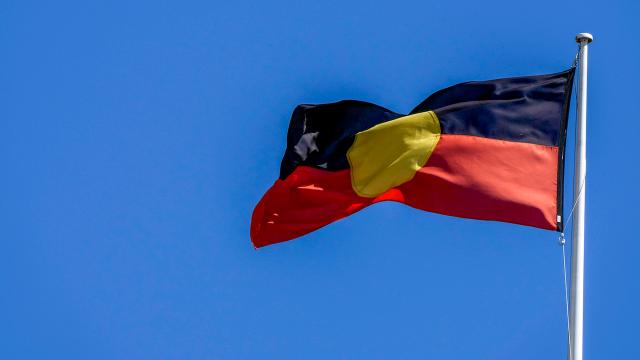The Australian Electoral Commission, or AEC, is concerned with the influx of disinformation about the upcoming Indigenous Voice to Parliament referendum that is floating around on social media. It’s something we should be actively paying attention to and doing what we can as responsible social media users to stop its spread.
Appearing before Senate Estimates on Tuesday, Electoral Commissioner Tom Rogers touched on the preparation involved in getting the Indigenous Voice to Parliament referendum up and running, as well as the struggle the AEC is up against, particularly in the age of social media.
“Domestic and even global events impacting on election delivery and evolving citizen perceptions of the electoral process have combined to create the most challenging, complex, unpredictable, and yet exciting block in the Australian Electoral Commission’s history,” Rogers said.
“Additionally, against a backdrop of increasing threats to electoral integrity, escalating electoral costs, supply chain disruptions, recruitment challenges, and ageing [IT] systems, the AEC continues to prepare for a referendum … The AEC’s preparation for the referendum continues at pace and we will be ready when the writ is issued.”
Sometime this year, Australians will be asked to have their say in a referendum about whether to change the Constitution to recognise the First Peoples of Australia by establishing an Aboriginal and Torres Strait Islander Voice.
The Voice would be an independent and permanent advisory body. It would give advice to the Australian Parliament and government on matters that affect the lives of Aboriginal and Torres Strait Islander peoples.
As the establishment of a Voice is being determined by a referendum, there will be a simple ‘Yes’ or ‘No’ vote made by all eligible Australians.
Rogers said the AEC has started a “comprehensive education campaign”. The Voice website has also been set up, accompanied by Twitter, Instagram, and Facebook accounts.
But the threat of mis- and disinformation is as great as ever.
“The information ecosystem was entirely different at the last referendum – with no social media – we’re already seeing an increase in disinformation on social media and a regrettable increase in threatening commentary,” Rogers said.
He said the AEC’s ‘Stop and Consider’ campaign will also work to encourage people to consider the source of information they come across.
Once the Constitution Alteration Bill passes, on the day after that, there’s then a 28-day period where Parliament will have to prepare the ‘Yes’ and the ‘No’ cases. At midnight, on the 28th day, those Yes/No cases have to be provided to the AEC who will then commence work to prepare/translate and distribute pamphlets detailing both cases. The AEC will not be promoting one case or the other.
“This referendum will have the most complete electoral role in Australia’s history,” Rogers added, noting 97.2 per cent of Australians are currently registered to vote.
To make sure you know exactly what the Voice to Parliament referendum will require you to do, make sure you stick to the information published by the AEC, that of the Australian government, and not some random on Facebook. If you haven’t heard of the online publication that has posted an article with questionable material in it, there’s likely a good reason. The most trusted media source is the ABC, which has an entire page dedicated to the Voice Referendum.
